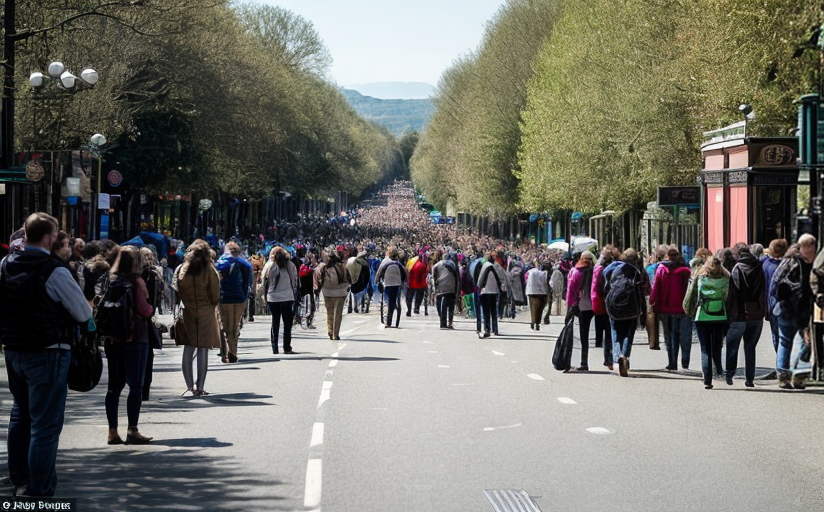Overtourism: Impact on Local Communities & Environments
In recent years, the world has witnessed an unprecedented surge in global travelers. From the majestic peaks of Himalayas to the serene beaches of Bali, every nook and corner of the world has opened up to tourism. However, this escalated number of tourists, referred to as overtourism, is exhibiting significant impact on local communities and environments around the world.
The Boom in Tourism
While tourism has always been a critical cog in global economies, the advent of affordable travel and globalization have spurred a significant increase in global tourist presence. However, this exponential growth has launched a phenomenon known as overtourism, burdening the local economy, society, culture, and ecosystem and rendering serious concerns.
Implications of Overtourism
Negative Consequences
Overtourism can lead to a multitude of issues, ranging from environmental degradation to socio-cultural disruptions. In Venice, for example, the influx of yearly visitors—far surpassing the city’s resident population—has led to overcrowding, eroding the city's heritage sites and impacting the quality of life for the locals.
Positive Implications
Conversely, tourism also brings significant benefits. In regions like Marrakech, Morocco, tourism forms a substantial part of the economy, generating employment opportunities and contributing to overall economic development.
Lessening the Blow: Mitigating the Impacts
Despite the challenges, many countries are working to counterbalance the negative impacts of overtourism. Governments and tourism boards are implementing planned tourism, setting limits on visitor numbers as seen in destinations like Machu Picchu and the Galapagos Islands. Furthermore, the promotion of off-peak travel and lesser-known locations helps redistribute tourist traffic, easing pressure on famous attractions.
Role of Policies, Residents, and Businesses
Policies play a crucial role in managing overtourism. Regulations like limited-entry permits, tourist taxes, and stringent zoning laws help preserve fragile ecosystems and local communities. Residents, on the other hand, alongside local businesses, can promote responsible tourism by creating awareness about local traditions, culture, and environmental importance.
Reflection: The Role of Every Tourist
As tourists, it is also paramount for us to understand our role and responsibility, respecting local cultures and minimizing our environmental footprints. Traveling in small numbers, choosing sustainable accommodations, and avoiding littering are simple yet powerful ways of practicing responsible tourism.
Final Thoughts
In conclusion, while overtourism poses substantial challenges, it also brings opportunities for communities and countries to build a sustainable future. Let's make travel a source of mutual understanding and respect, allowing international, national, and local priorities to come together and contribute to a sustainable and mutual beneficial tourism landscape.
















Comments
Leave a Comment